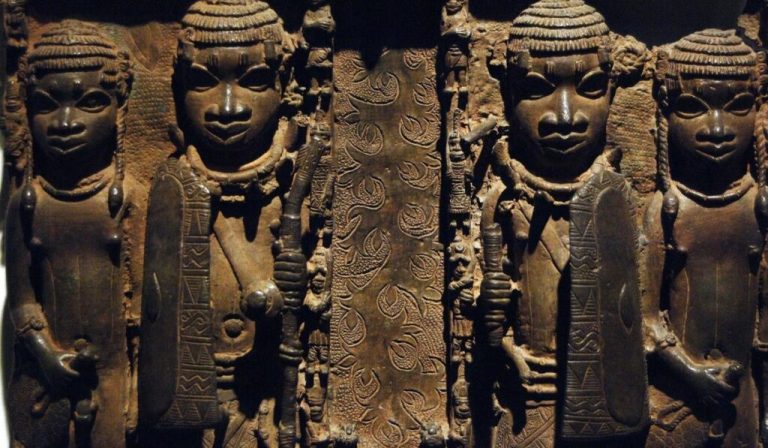The Netherlands announced its intention to return over 100 Benin Bronzes taken by British forces from Nigeria in the late 19th Century, ending in a Dutch museum.
During the violent looting of Benin City in 1897, thousands of these culturally significant sculptures and carvings were taken.
Some of these treasures were sold to private collectors, while others were acquired by museums like the Wereldmuseum in The Netherlands, which has displayed these artefacts for many years.
Not all items, although referred to as bronzes, are made of bronze; they comprise figurines, tusks, sculptures representing Benin’s rulers, and an ivory mask. They were created between the 15th and 19th Centuries.
These sculptures, celebrated for their beauty and craftsmanship, hold spiritual and historical importance for the people from that region of Nigeria. For the descendants of those from the ancient Benin kingdom, their theft continues to be a source of deep sorrow.

This initiative may intensify calls for other institutions to return the Benin Bronzes, notably the British Museum, which houses over 900 artefacts.
Protests and demonstrations have occurred outside the British Museum as part of a campaign for their return. However, a piece of legislation currently prohibits the British Museum from returning them.
To many Nigerians, the Benin Bronzes are a powerful reminder of the atrocities committed during colonial times.


